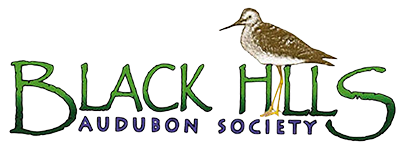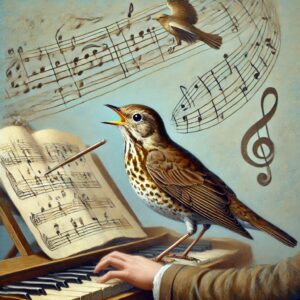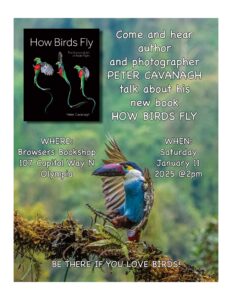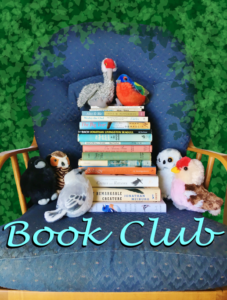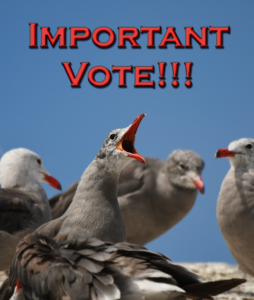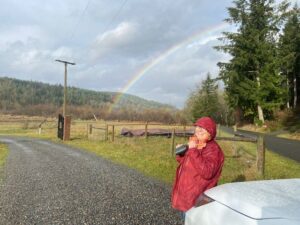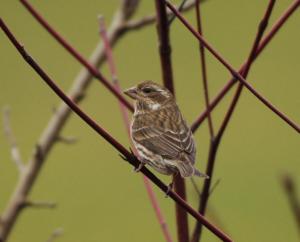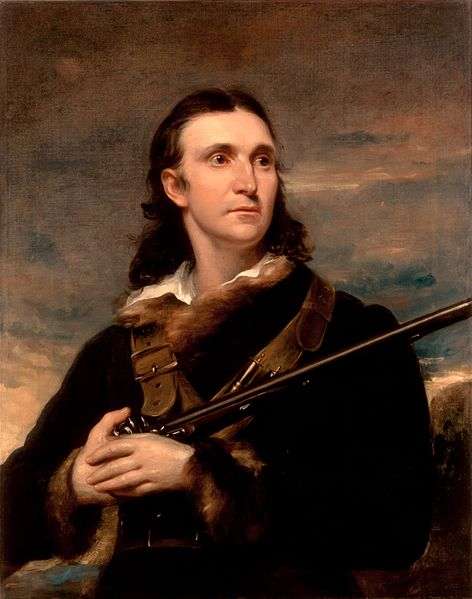
~ Elizabeth Rodrick
During the Audubon Council of Washington, or ACOW last month, attendees spoke with National Audubon Chief Equity, Diversity and Inclusion Officer Jamaal Nelson on National Audubon’s work addressing the history of its namesake, John James Audubon. On October 25, National Audubon provided this messaging guidance in case we are asked about their current best thinking on the matter.
There is no denying that John James Audubon was a racist and yet today is a globally recognized name synonymous with birds. We are starting a 12-18 month process to think through what John James Audubon’s legacy means to the future of the organization. But, our EDIB work must include far more than consideration of a name. At the same time, we are rebuilding the organization’s workplace culture from the ground up to address racist and misogynistic systems that impact the daily experience of our staff. This work will take time because being inclusive in processes takes time. We’re working to create an inclusive organization from the inside out built for the 2020s and beyond.
The Black Hills Audubon Society Board at our November meeting voted to support National Audubon’s exploration of whether to make a name change, and we will wait for National’s decision to consider re-naming BHAS.
We are reprinting a few paragraphs from Dr. Drew Lanham’s article in the April issue of Audubon Magazine to entice you to read more in preparation for the upcoming name change discussion in our national and local organizations.
“What Do We Do About John James Audubon? The founding father of American birding soared on the wings of white privilege. The birding community and organizations that bear his name must grapple with this racist legacy to create a more just, inclusive world.
My name is J. Drew Lanham and I’m a Black American ornithologist. A Black birdwatcher. I confess here and declare now multiple identities—race and ethnicity, profession and passion. My love of birds lies at the intersection of these and renders me, and the minuscule percentage of others who would declare themselves the same, a rarity. Like the seldom-seen skulking sparrows so many of us seek, we are few and far between among an overwhelmingly white flock. I celebrate who I am, but like far too many of us “living while Black,” I have also felt the frustration and pain of being discounted or disrespected.
Here we go again, some of you may be thinking, the race thing. Some are asking, “Wasn’t Black Birders Week over months ago?” “That overblown Central Park thing was put to rest, right?” But just as I don’t forget assaults with deadly words against friends, I must expand my Blackness and bird love beyond a week. Race is an issue in every aspect of American life, including birding, conservation, nature stewardship, and environmentalism writ large. For birders, it is an issue fledged from the nest of its “founding father,” John James Audubon, and flies fully feathered now in present day.
John James Audubon is American birding; the name falls wistfully, almost like a mantra, from admirers’ lips. Mention him, and like Edison and the light bulb or Zuckerberg and Facebook, more people than not will associate the name with a singular thing: birds. Though some would precede Audubon, and many come after, no one in ornithology is as revered. But what do we do when an origin story begins with a rancid “Once upon a time?” What do we do with a racist, slave-owning birding god almost 200 years dead? And what do we do with such a man who might have been in denial of his own identity?
You may have entered the realm of Audubon magazine to escape such a discussion. But it belongs here. The person whose name graces the publication, brands the national organization, and shapes how we perceive birds was more than most of his acolytes know—much less want to openly address. Questions about the bird man’s own race, how he identified others, and how his soured, inhumane legacy carries forward will define the future course of the movement he inspired. They also hold truths about our ability to help birds, and ourselves.
So here I am, deconstructing—or perhaps more precisely, dissecting—John James. I’m also pushing beyond that exhumation to dig into current affairs. I’m concerned with how birding and bird conservation rest too comfortably in a homogenized stasis. I’d like to show what they can and should be.”
The full article can be read at this link: https://www.audubon.org/magazine/spring-2021/what-do-we-do-about-john-james-audubon.
